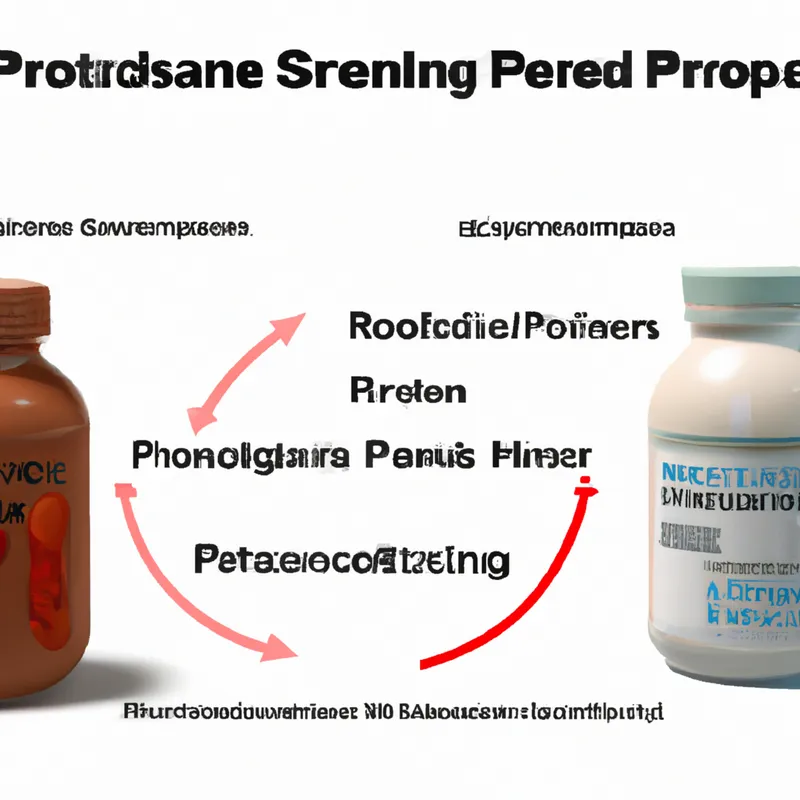Boost Gains by Perfecting Protein Timing Techniques
Advanced Strategies for Protein Timing in Elite Athletes
Athletes constantly seek ways to enhance performance, recovery, and overall athletic ability. Protein timing plays a crucial role in nutrition strategies. This concept emphasizes consuming protein around training sessions to boost muscle repair, growth, and performance. Understanding advanced protein timing helps elite athletes achieve optimal results and maintain a competitive edge.
The Importance of Protein Timing
Protein timing involves strategically consuming protein to optimize muscle protein synthesis (MPS). Research shows that protein timing significantly influences training outcomes. Consuming protein before and after workouts proves particularly beneficial, facilitating recovery and maximizing muscle gains.
Muscle protein synthesis repairs and builds muscle after exercise. Post-workout, muscles absorb nutrients efficiently, making protein timing essential. Studies indicate athletes who time protein intake effectively gain more muscle mass and strength than those who don’t.
Pre-Workout Protein Strategies
Consuming protein before a workout optimizes performance. It provides vital amino acids during exercise. Many athletes eat a protein-rich meal or shake 30 to 60 minutes before training to fuel their bodies.
Focus on Quality Sources
Choosing high-quality protein sources is critical. Lean meats like chicken and turkey, fish, Greek yogurt, eggs, and plant-based proteins such as lentils or chickpeas serve as excellent options. These sources deliver essential amino acids that kickstart muscle protein synthesis and prepare the body for physical demands.
Consider Macronutrient Ratios
Incorporating carbohydrates into the pre-workout meal enhances performance. Carbohydrates supply readily available energy for optimal athletic performance. A 3:1 ratio of carbohydrates to protein often benefits endurance-focused athletes, fueling workouts while supporting muscle growth.
Post-Workout Protein Strategies
Post-workout protein consumption proves vital for recovery and muscle repair. Research indicates that consuming protein shortly after a workout—ideally within 30 minutes to two hours—significantly enhances recovery. Muscle cells become most receptive to nutrients during this time.
Timing Matters
Consume protein as soon as possible after your workout to maximize the anabolic window. A protein shake or a balanced meal rich in protein effectively replenishes your body’s needs. Studies suggest consuming 20 to 30 grams of protein post-exercise optimizes muscle protein synthesis.
Pairing with Carbohydrates
Combining protein with carbohydrates in the post-workout meal yields even greater benefits. Carbohydrates help replenish glycogen stores used during exercise.
Conclusion
In summary, protein timing significantly impacts performance and recovery. Elite athletes can leverage this strategy for optimal results.
Below are related products based on this post:
FAQ
What is protein timing and why is it important for athletes?
Protein timing refers to the strategic consumption of protein around training sessions to optimize muscle protein synthesis (MPS), enhance recovery, and improve overall performance. It is important for athletes because research shows that timing protein intake effectively can lead to greater muscle mass and strength gains compared to those who do not follow this strategy.
What are some effective pre-workout protein strategies?
Effective pre-workout protein strategies include consuming a protein-rich meal or shake 30 to 60 minutes before training. It is essential to choose high-quality protein sources such as lean meats, fish, Greek yogurt, and plant-based proteins. Additionally, incorporating carbohydrates in a 3:1 ratio to protein can enhance performance by providing readily available energy during workouts.
How soon should athletes consume protein after a workout, and what should it include?
Athletes should aim to consume protein as soon as possible after a workout, ideally within 30 minutes to two hours, to take advantage of the anabolic window for optimal recovery. A protein shake or a balanced meal rich in protein—ideally containing 20 to 30 grams—paired with carbohydrates is recommended to replenish glycogen stores and support muscle repair.















Post Comment